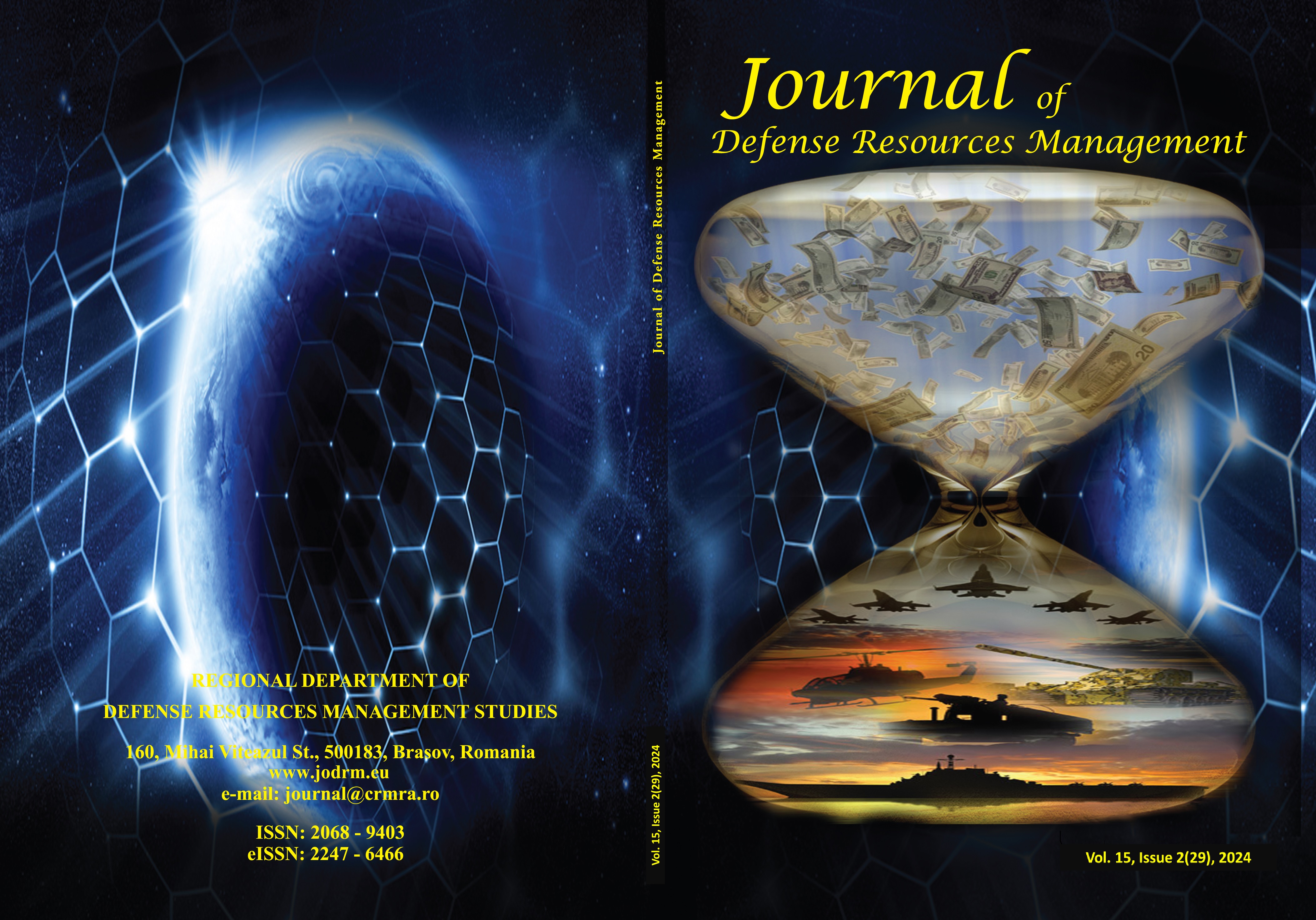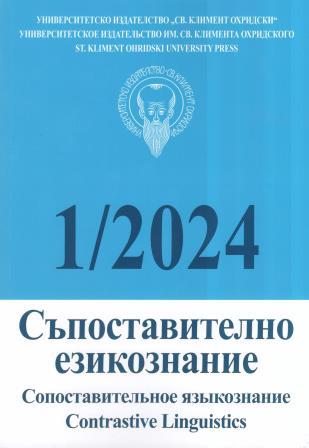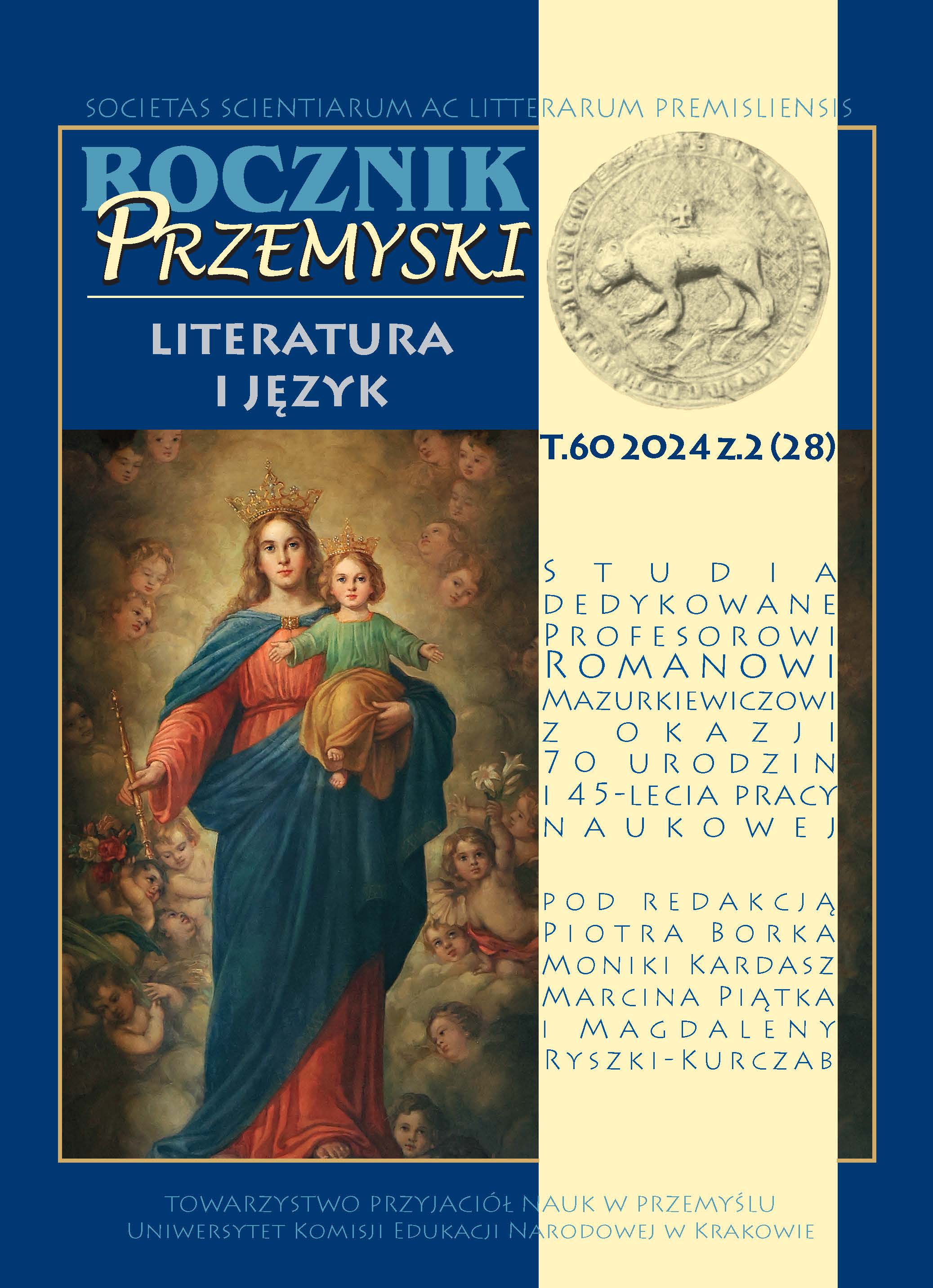
NATION-BUILDING IN MOLDOVA: IDENTITY, LANGUAGE, AND THE POLITICS OF INTEGRATION THROUGH THE LENS OF CONSTRUCTIVISM
This paper examines the complex process of nation-building in Moldova through a constructivist theoretical framework, focusing on the interplay between identity formation, language policies, and political integration efforts. Since gaining independence in 1991, Moldova has grappled with forging a cohesive national identity amidst competing historical narratives, linguistic tensions, and geopolitical pressures. The analysis explores how Moldovan national identity is socially constructed through ongoing negotiations between diverse ethnic, linguistic and regional groups, as well as external influences from Russia and the European Union. The process of nation-building in Moldova is further complicated by the country's historical legacy as a borderland between competing empires and ideologies. This has resulted in a multifaceted cultural landscape where Romanian, Russian, and distinctly Moldovan elements coexist and sometimes clash. The paper examines attempts to navigate these complexities. Language policy has emerged as a critical battleground in this process, with debates over the status of Romanian versus Moldovan language reflecting deeper tensions about national identity and geopolitical orientation.
More...

